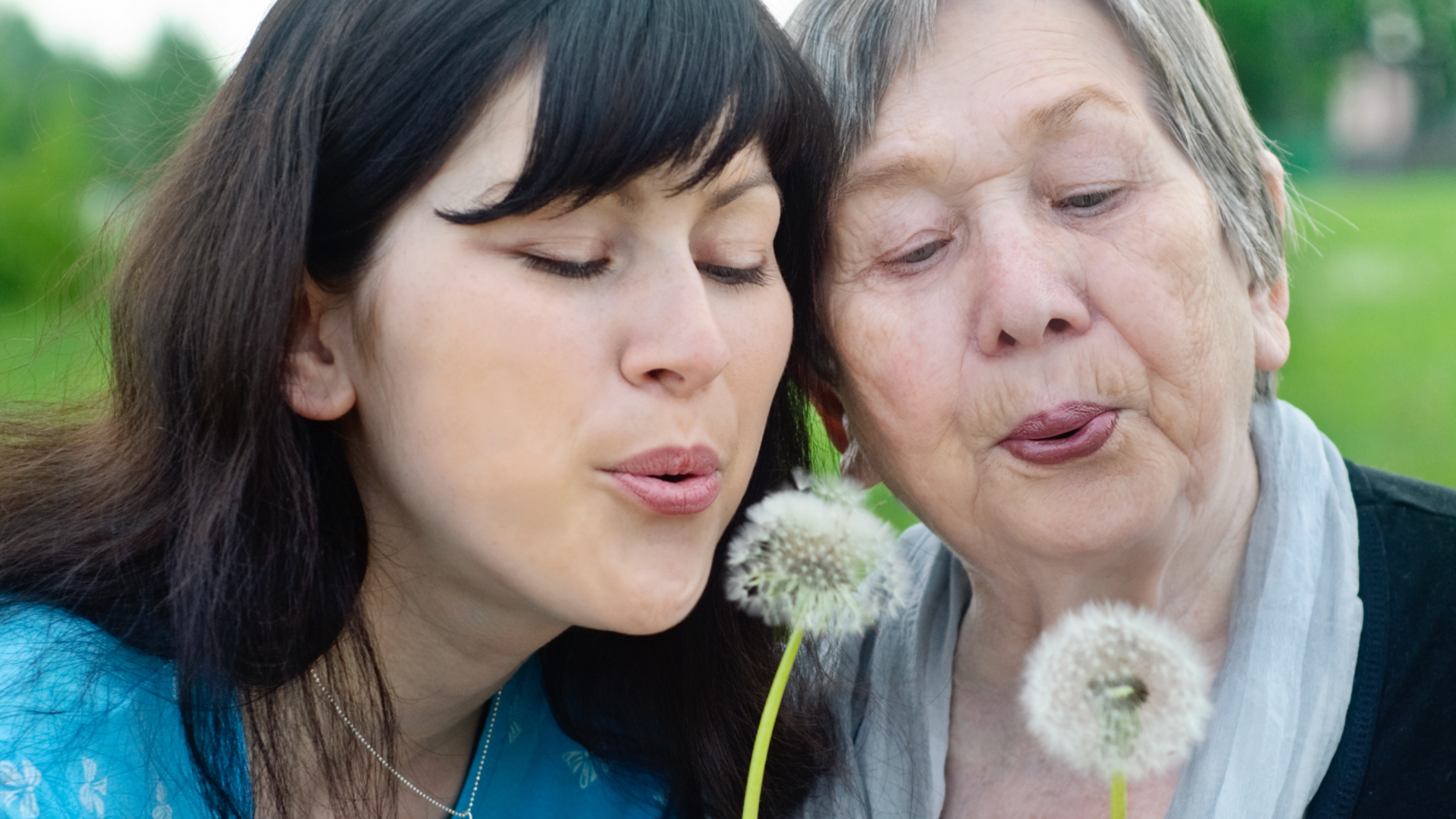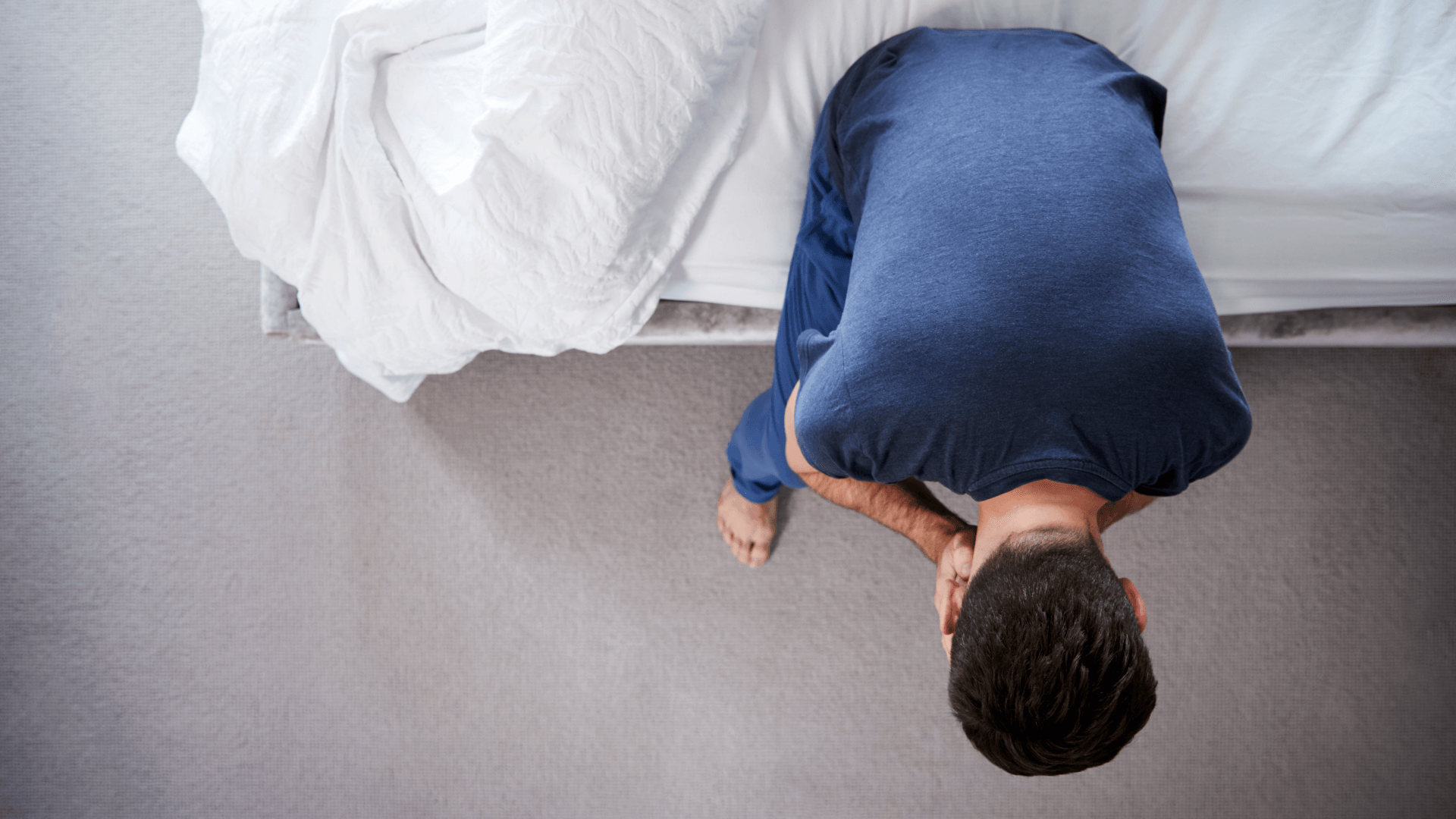Mens Health
Is it time to reach out ?
This month we are thinking a lot about how mental health impacts our male population.
In a 2014 study, it suggested that as many as 1 in 8 men will suffer with a “common mental health problem” such as anxiety, depression, panic disorder or even OCD (1). It might shock you to learn that of those roughly 4 million or so males that are currently living in the UK struggling with a common mental health disorder, only 32.5% of referrals to an IAPT service are for those identifying as male.
So why is that? Why is it that men aren’t seeking out support for a problem that the statistics say is definitely out there?
Stigma
In a 2016 men’s health forum survey, they found that the majority of men said that “they would take time off work to get medical help for physical symptoms like unexpected lumps or chest pain, but only 1 in 5 said they would do the same for anxiety.
These statistics paint a picture that most men feel that mental health is just something that they should “get on with” or that “there are people with worse problems out there, I should just Man up”
“I didn’t want to ring the GP; I was just a little stressed. It’s hardly like I was dying! I didn’t realise the impact my mood was having on myself, my work, or my family”
Toxic masculinity
It’s not uncommon for guys to believe that their worth as a man is linked to their ability to be “manly” and generationally, a lot of guys are taught that “emotions are for girls” which leads them to feel emasculated by accepting that emotions are a real part of the human experience, regardless of gender.
This also links in with their value as a potential mate or in a friendship group. Often men are taught that being more “stoic” is a desirable quality in a partner or in a friend, but luckily, more and more this ideal of an “alpha male” persona is being challenged.
“My parents would always say, stop being such a girl, or big boys don’t cry. I was taught that emotions were a bad thing, and were not part of being a man”
Misunderstanding around the symptoms
Though the primary symptoms of depression are the same across all genders, there is marked research that suggests that the behaviours associated with depression in men can present more prevalent than with other genders (3). For example:
• Escapist behaviour, such as spending a lot of time at work or on sports
• Problems with alcohol or drug use
• Controlling, violent or abusive behaviour
• Irritability or inappropriate / irrational anger
• Risky behaviour (reckless driving, casual relationships)
“No one ever taught me how to express the way I was feeling in a healthy manner. I would get frustrated and then lash out, only to be told I was grumpy and ungrateful”
How can I help myself/ the men in my life?
Practicing self-care
It’s important to remember to treat ourselves to the care and respect we deserve. Too often we focus too much on looking after others and not enough on ourselves, make time for yourself, your hobbies, and your physical health, even if that means making sure you eat right or get enough sleep.
Be kinder to yourself
Be more acknowledging of your/their emotions and the impact they might be having. Sometimes an open conversation with a friend or partner is a lifeline. Being kind to yourself means not judging yourself so harshly for not being perfect or not holding yourself to impossibly high standards. Men have emotions, and it’s okay to experience them.
Trying new things for yourself
Part of self-care is building yourself, trying new things and exposing yourself to new situations, whether that’s finally getting that gym membership you want, picking up a new skill like cooking or an instrument, or finally having the courage to try out that walking group that you see pop up on the local area social media page. Finding a new behaviour to replace old, negative ones can be very helpful way to deal with anger or irritability. For example:
Exercising reduces blood pressure and releases endorphins into the bloodstream which combats the feeling of anger.
Talk to us
If anything within this post has resonated with you, please don’t feel you have to suffer in silence,
As an NHS approved provider of therapy, we can support clients with common mental health problems, to get in touch please visit the self-refer button on our website.
Further reading:
- https://webarchive.nationalarchives.gov.uk/20180328130852tf_/http://content.digital.nhs.uk/catalogue/PUB21748/apms-2014-full-rpt.pdf/ pg. 38
- https://commonslibrary.parliament.uk/research-briefings/sn06988/#:~:text=It's%20estimated%20that%202.8%20million,of%2065%2D69%20year%20olds
- https://www.mayoclinic.org/diseases-conditions/depression/in-depth/male-depression/art-20046216













